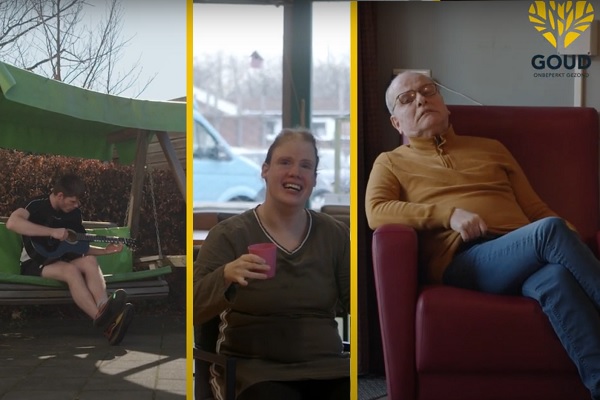The GOUD Academic Workplace has completed the latest measurements of a study on the withdrawal of antipsychotics in people with intellectual disabilities and problematic behavior. No fewer than 88 participants looked into why dismantling often doesn’t work. In one film, researchers share the experiences of 3 participants, which show how complex a reduction process can be and what impact it can have on the client and her environment.
Antipsychotics are often prescribed long-term to people with intellectual disabilities and problematic behaviors. There is no scientific evidence that antipsychotics help with behavioral problems. Researcher and VG doctor Sylvie Beumer: “The adverse side effects, such as diabetes, elevated cholesterol, flattening of emotions, sleepiness and movement disorders have been convincingly demonstrated. These side effects therefore affect health and quality of life. In practice, however, dismantling often proves unsuccessful. It is not clear why phasing out often fails. “
Movie
GOLD made a film to draw more attention to the dilemmas that arise when weaning antipsychotics. Beumer: “In this film we share the personal story of three participants Jeremy, Kelly and Jan. Although the research results are not yet known, the film shows how complex a process of dismantling can be and what impact it can have on the client and his. environment”. Watch the film Why is it often not possible to gradually reduce antipsychotics? on Youtube
Results at the end of 2023
When can we expect the first results? Beumer: “Now that the latest data has been collected, we can start with the analysis. An exciting time in which we will see if we can really make the difference we hope for. We expect the first results by the end of 2023. Eventually, we will return these results to the people involved, but we will also publish them in scientific journals ”. |
Learn more about research on www.GOUDonbeperktgezond.nl.
Mark as favorite


